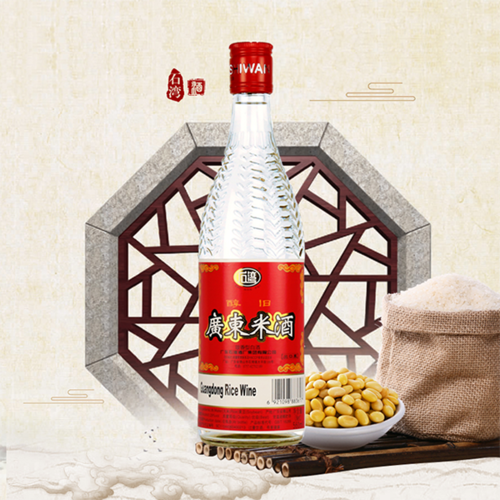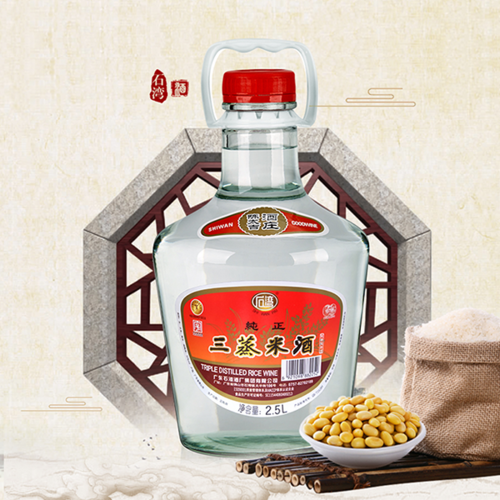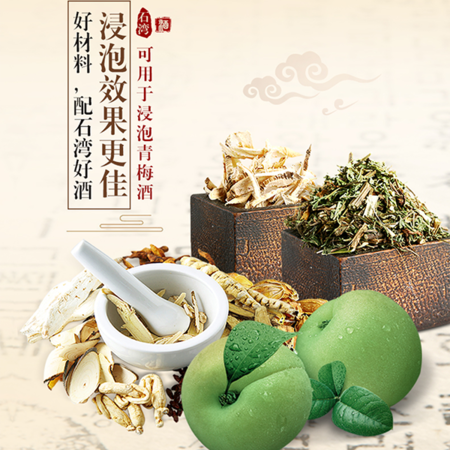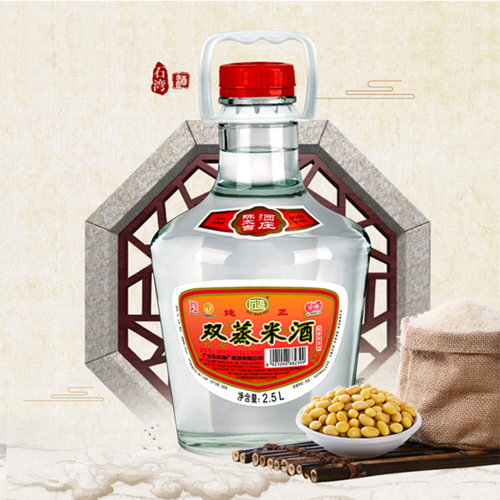Chinese Rice Wine & Traditional Rice Wine
China is famous for its traditional drinks and foods. The best rice wine in China, however, is something that can be appreciated by all the Chinese and us foreigners too.
Traditional Chinese Rice Wine
Rice wine is a traditional specialty wine of the Han Chinese and most ethnic minorities in China.
The main raw material for rice wine is glutinous rice, which is steamed and mixed with wine fermentation to make sweet rice wine. China uses high-quality brown glutinous rice to make wine, which has a long history of more than a thousand years.
Chinese rice wine is very popular because of its simple brewing process, sweet taste, and low alcohol content. In addition to being a beverage, rice wine is also commonly used as a condiment in the kitchen to remove the fishy taste of food.
As a finished product, rice wine goes under many names as vendors choose to add local ingredients, and style their own products to the taste of the different areas.
Rice wine is drunk out of small porcelain bowls. Traditional rice wine is usually served in small clay urns, sealed at the top with a red cloth with the waxy skin of the wine. Another important thing is that rice wine can be served cold.
| Product Name | Guangdong Mijiu |
| Type | Rice Wine |
| Product Standard | GB/T 16289 |
| Alcohol Content | 29%vol |
| Ingredients | Water, Rice, Soybean |
| Net Volume | 560ml |
| Specification | 560ml x 24btls |
| Packing Information | Glass Bottle With Aluminum Cap |
| Carton MEAS | 485 x 330 x 295 |
| Gross Weight | 24.1KG/CTN |
| Minimum Order Quantity | 200CTN |
| Product Review | Color: Colourless, Transparent |
| Taste: Pure and mild, Harmonious, Lingering crystal clear aftertaste | |
| Smell: Pure Soy flavor | |
| Company Profile | Company Name: Guangdong Shiwan Wine Group Co., Ltd. |
| Origin: Foshan, Guangdong province, China | |
| Food Production License No.: SC11544060400213 | |
| Registered Food Exporting Manufacturer No.: 4400/12011 |
What Does Rice Wine Do to the Body?
When compared to traditional wine made from fruits, as well as beer, wine made from rice contains more alcohol. It is natural to assume that drinking too much rice wine might not be beneficial for the body.
However, there are also many documented health benefits of drinking rice wine.
● It is believed that rice wine may have antioxidant properties.
● Moderate intake of rice wine can help improve the protective function of the skin.
● Drinking rice wine in moderation is helpful to eliminate fatigue, reduce mental stress, and improve nerve excitability.
● Rice wine has an inhibitory effect on a variety of fungi, which can improve the body's immunity and prevent colds.
● In addition, rice wine can promote blood circulation, and the citric acid and lactic acid in rice wine help food digestion and enhance body metabolism.
Generalizations can be dangerous, and the health benefits of rice wine should not deviate from a reasonable intake. The premise of rice wine's many recognized health benefits is that it is consumed in moderation.








